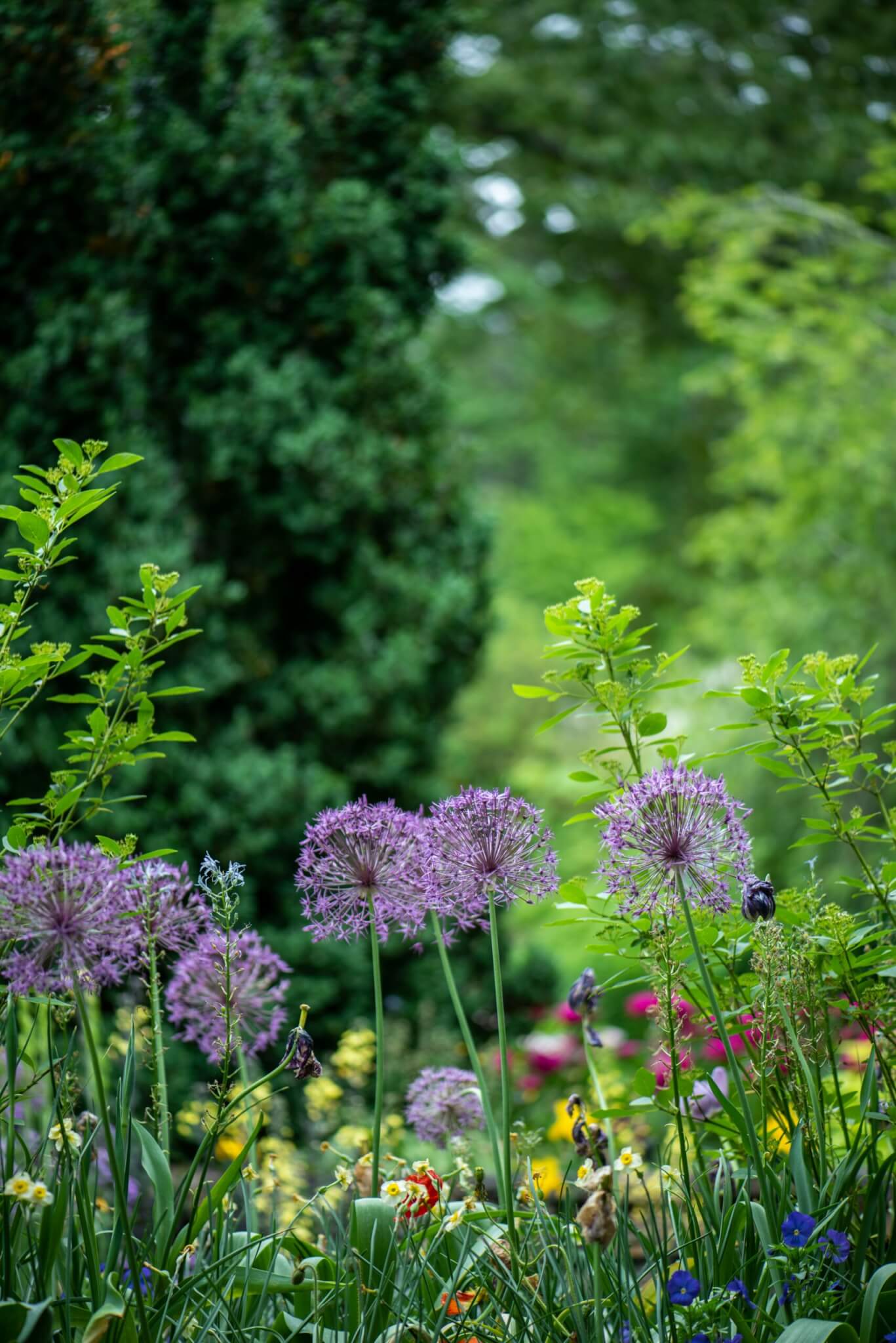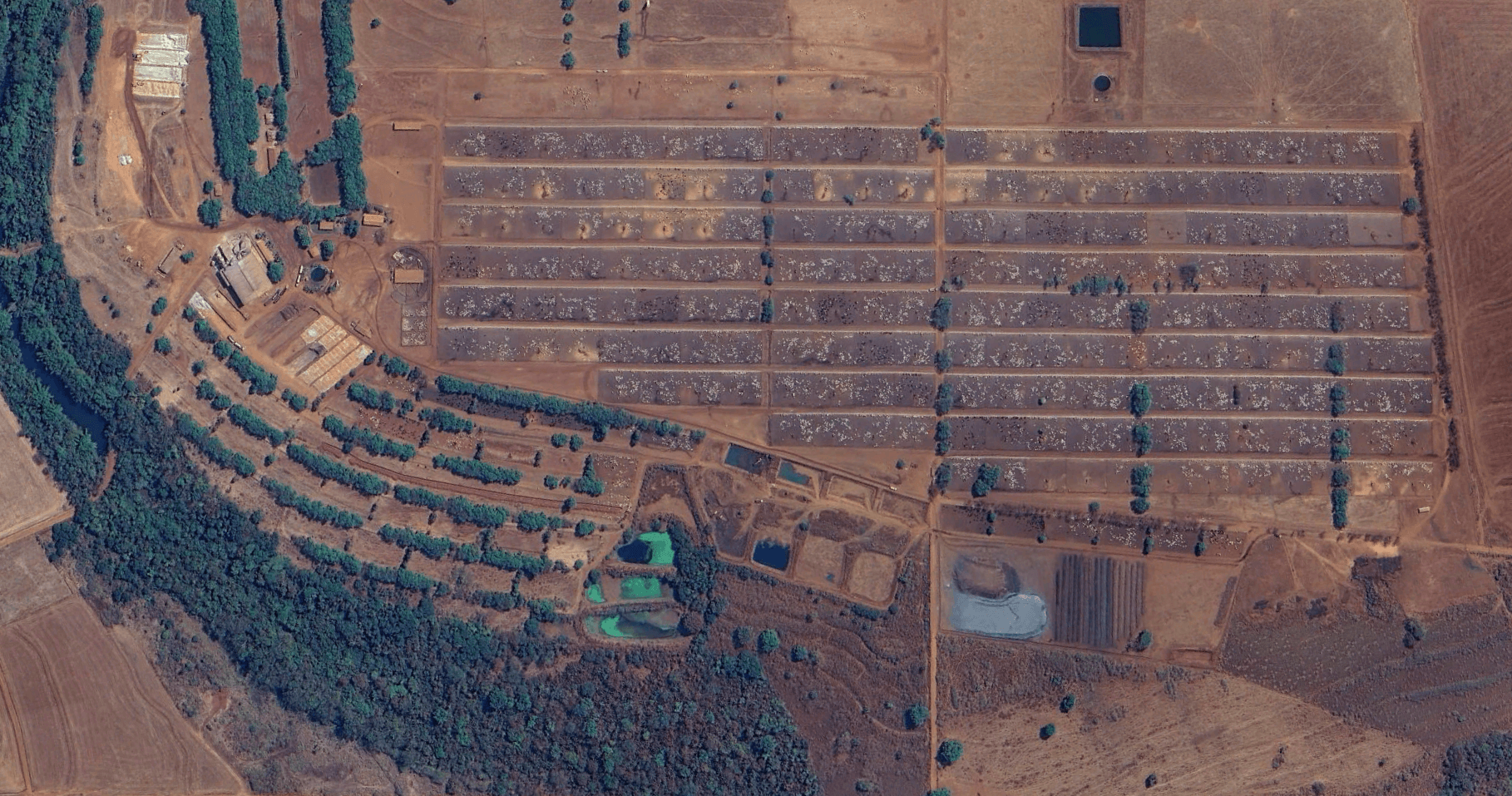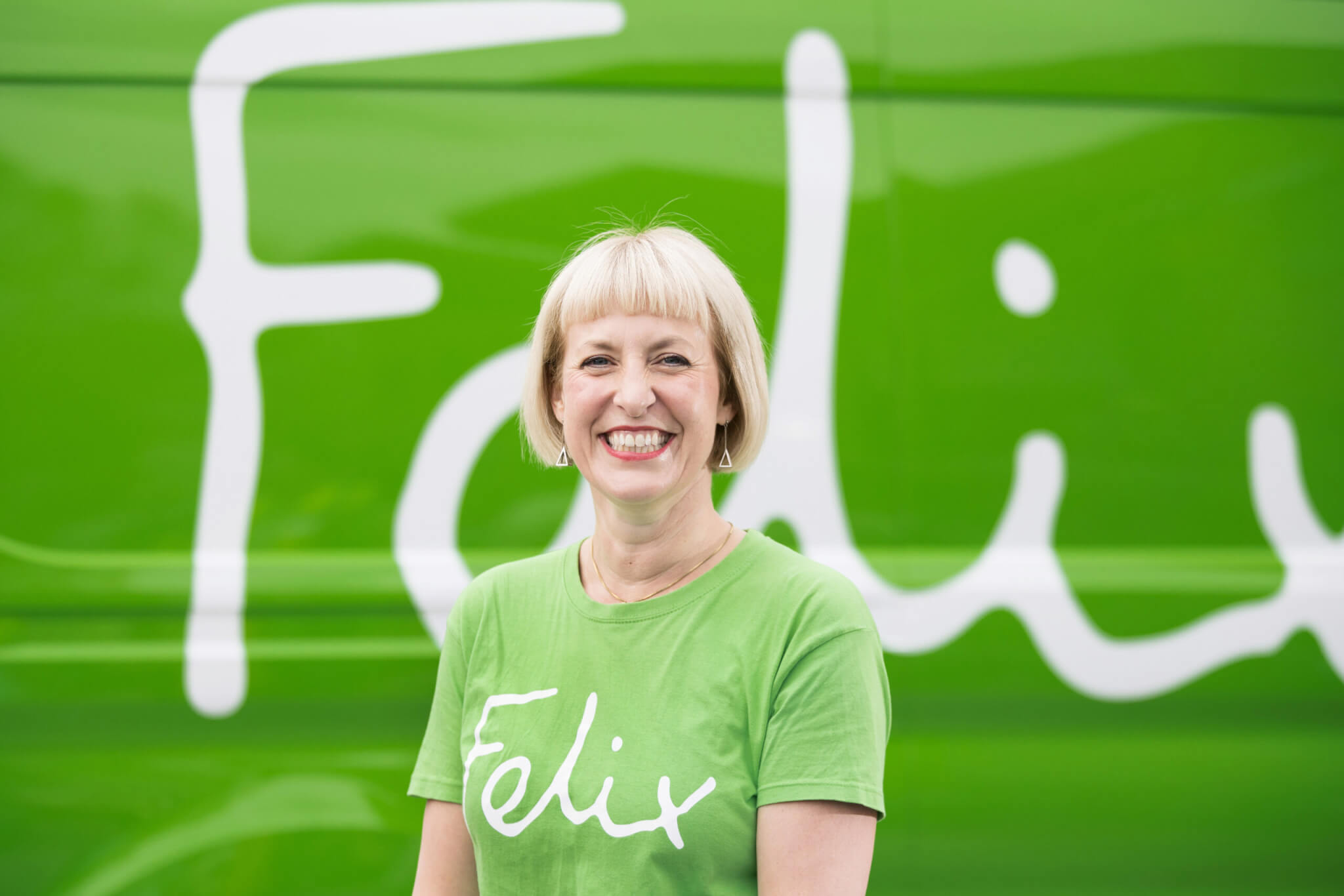On June 7, the first ‘Pesticide-Free Devon’ set to take place in the market town of Newton Abbott, will see campaigners, farmers and environmental enthusiasts gather together under the same roof to discuss the impact of pesticides on food, health and Devon’s rural landscape.
Spearheaded by community initiative Green Futures Newton Abbott, with the support of Devon’s Environment Foundation, Newton Abbott Town Council, Devon County Council and the Devon Biodiversity Records Centre, the full day conference taking place at the Courtney Centre on June 7 will feature expert speakers, a range of practical workshops and plenty of opportunities to network with others interested in the pesticide-free cause.
The conference is a starting point for what Green Futures Newton Abbott coordinator Andrew Rothery hopes will be a much longer-term collaborative and co-ordinated effort to reduce use of pesticides across county. “The conference is a springboard for an ongoing process where we hope to change into a pesticide-free culture,” he says. “We’ve been using these chemicals on an intensive scale since WWII. A lot of people believe that we can’t produce food without pesticides and no doubt there’ll be debate and conversation about that over time but it seems increasingly clear that it’s not sensible to be poisoning our environment in order to grow food or manage our gardens.”
Understanding pesticide use has been a central pillar of community environmental group Green Futures Newton Abbott since it first launched in 2020. “One of our key aims has been to restore nature,” says Rothery. That’s included plenty of work around pollinator restoration in the local area, with the group establishing monitoring locations and building up its own data around pollinator levels and species. “It became really clear quite early on that we needed to do something around pesticides because they’re a very well-evidenced cause of pollinator decline but the effects of pesticides are also much wider,” he adds. “They affect all organisms, us as well, and we’re still learning about that.”
Already the group, with funding from the Devon Environment Foundation, launched the ‘Pesticide-Free Bradley’ initiative last year, which aims to encourage every householder, business and public sector organisation across Bradley to go pesticide-free. The project offers local residents access to a range of resources and information on how to manage their households and gardens without reliance on chemical pest control, plus free doorstep collections of their unwanted pesticide containers – the first such initiative of its kind in the UK, say the group. In October, a community pesticide collection saw 150kg of pesticides collected from 22 local households. The group is also working closely with local farmers to understand the challenges they face and has commissioned research into different views on pesticides in the area – the findings of which it is set to unveil at the June event.
The overarching focus is on collaboration rather than campaigns that pit different viewpoints against one another, says Rothery. “We’re about building partnerships and relationships,” he says. “There’s a place for campaigning but our approach is about engaging with and listening to people.”
That will also be the ethos that underpins the June event.
Taking place from 10am to 4.30pm on June 7, the day will include talks from Amanda Keetley, executive director of the Devon Environment Foundation, Newton Abbott MP Martin Wrigley and Riverford’s own Guy Singh-Watson. There’ll also be a full program of workshops exploring different perspectives of pesticides, including their impact biodiversity, on human health, the role of government and food production. This will include a localised perspective, led by the team behind Chagfood Community Market Garden, a community-supported garden that supplies seasonal and ‘ecologically-produced’ vegetables to Chagford and its neighbouring parishes, and a more macro-view, with input from larger scale growers and farmers, including organic beef farmer Andy Bragg.
And the culmination of this packaged agenda will be the launch of the Devon Pesticide-Free Network. Though initially facilitated by the Green Futures group, Rothery hopes that the network will grow over time to become a collaborative ecosystem of different organisations working together across Devon, navigating the shift toward pesticide-free through the lens of economic and environmental regeneration.
Rothery urges anyone and everyone interested in pesticides to come along. “Anyone who’s interested should come and find out more about going pesticide-free,” he says. “Whether you’re a food grower, farmer, gardener, teacher, politician, local government officer, journalist… It affects all of us.”
To book your place (including lunch) and choose the workshops you’d like to attend on the day, head to pesticidefreedevon.co.uk or email info@greenfutures-newtonabbott.co.uk.













0 Comments